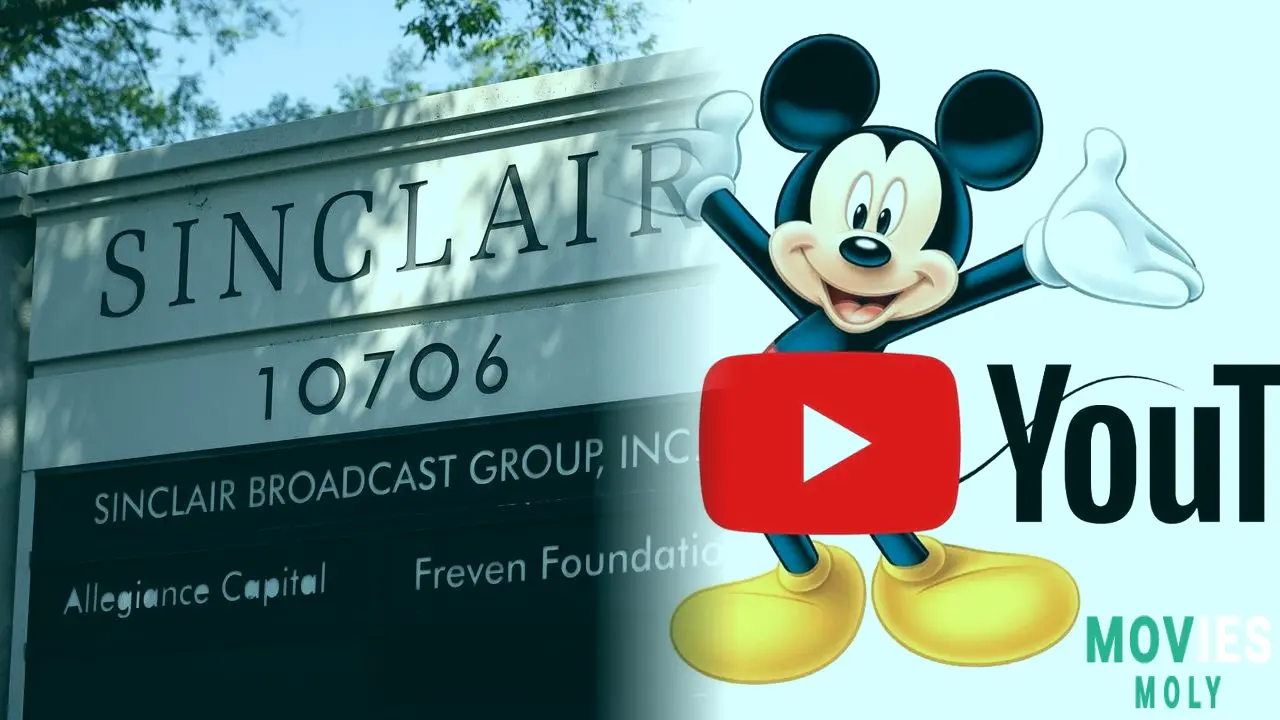It's a tough time for TV viewers and broadcasters alike. Sinclair's CEO is calling out media giants, linking recent revenue drops to carriage disputes and hinting at a much bigger problem for local news.
TL;DR
- Sinclair Broadcast Group reported a Q3 2025 revenue drop of 16% to $773 million, swinging to a net loss of $1 million.
- CEO Chris Ripley publicly criticized Disney and Google over the ongoing ABC and ESPN blackout on YouTube TV, affecting approximately 10 million subscribers, labeling it an "antitrust issue."
- Ripley claims local broadcasters have "no say" in distributing their content via virtual MVPDs, raising concerns for local journalism and consumer choice, and pushing for regulatory intervention.
When Your Favorite Shows Vanish: The Latest TV Showdown
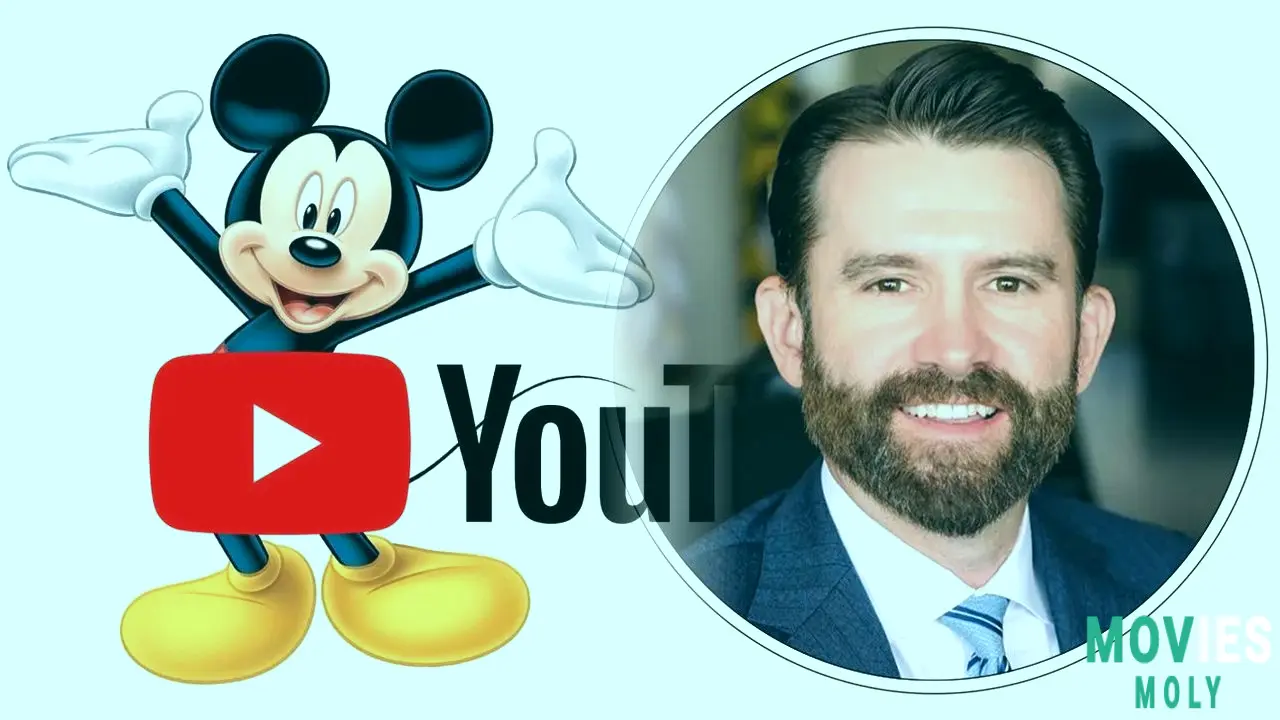
Imagine settling in to catch the local evening news or a big college football game, only to find the channel dark. That's the reality for about 10 million YouTube TV subscribers right now, as Disney-owned networks like ABC and ESPN have been blacked out since late last week. It's a frustrating situation for viewers, but behind the scenes, one of the nation's largest TV station groups, Sinclair Broadcast Group, is calling foul – loudly.
Chris Ripley, the CEO of Sinclair, isn't just disappointed; he's downright angry. Speaking on a recent conference call, Ripley didn't mince words, blaming both Google (YouTube TV's parent company) and Disney for the ongoing dispute. He argues that this blackout isn't just inconvenient; it's an "antitrust issue" that's "clearly not the intent" of fundamental communications laws.
Sinclair's Bottom Line Takes a Hit Amidst Broader Industry Shifts
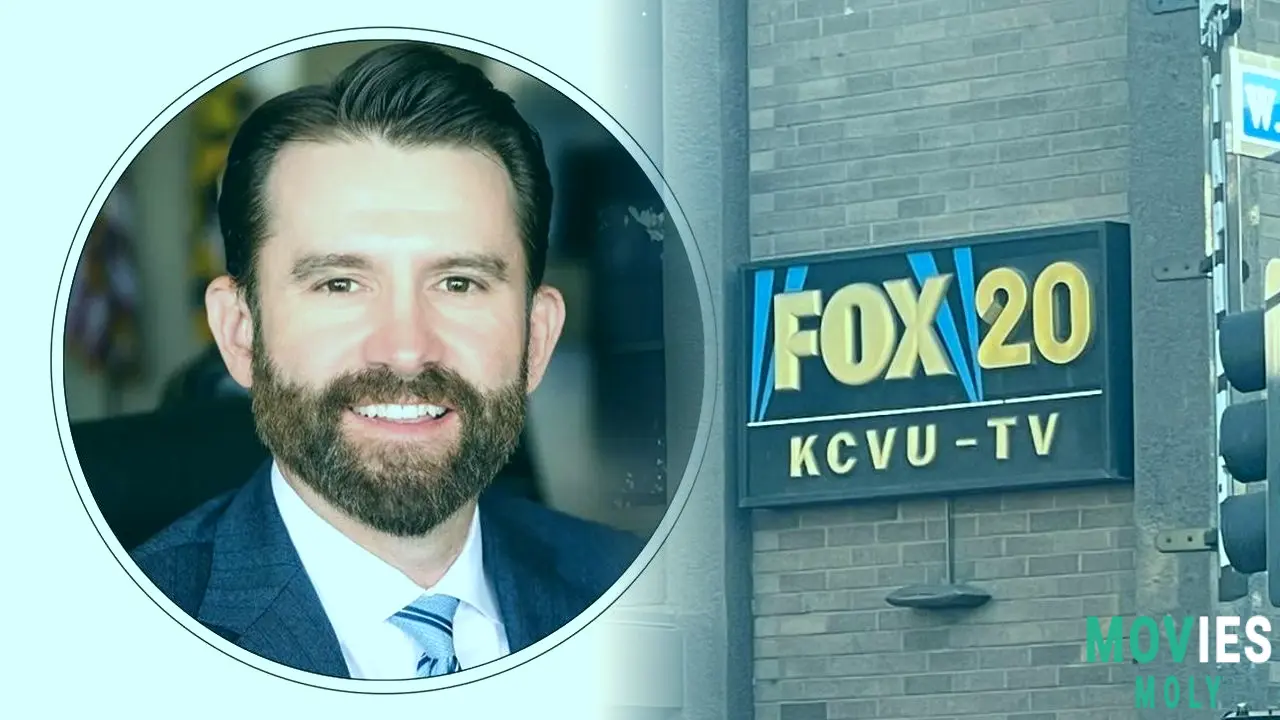
This fiery rhetoric comes as Sinclair itself navigates some choppy financial waters. The company recently reported its third-quarter 2025 earnings, revealing a significant dip in revenue and a swing from profit to loss. For Q3, Sinclair's total revenue stood at $773 million, a noticeable 16% decrease compared to the $917 million reported in the same period last year. This led to a net loss of $1 million (or 2 cents per share), a stark contrast to the $94 million net income they enjoyed a year prior. Source: Variety, "Sinclair CEO Slams Disney and Google Over YouTube TV Blackout as Company Reports Q3 Revenue Decline of 16% and Swings to Net Loss," November 5, 2025.
A major culprit for this revenue drop was advertising, which fell by 26% year-over-year to $321 million. Political advertising, in particular, saw a massive decline, plummeting 96% from a record $138 million in Q3 2024 (a presidential election year) to just $6 million in Q3 2025, which is between major election cycles. While core advertising (non-political) did see a modest 7% increase, it wasn't enough to offset the larger losses. Distribution fee revenue, earned from cable, satellite, and streaming platforms carrying Sinclair's channels, also saw a slight 3% decrease, reaching $422 million. Source: The Desk, "Sinclair revenue drops on weaker advertising income during Q3," November 5, 2025.
Despite these challenges, Ripley expressed optimism, noting that Q3 results hit the high end of their guidance for advertising and distribution revenue. He expects "continued improvement in core advertising trends" in Q4 and a "sequential increase in distribution revenue," forecasting Q4 revenue between $815 million and $851 million. Looking ahead to 2026, he anticipates "record midterm political revenue" and believes regulatory changes will lead to "much-needed industry consolidation." Source: TheFly, "Sinclair reports Q3 EPS (2c) vs. $1.43 last year," November 5, 2025.
The Heart of the Matter: "No Say" in Content Distribution?
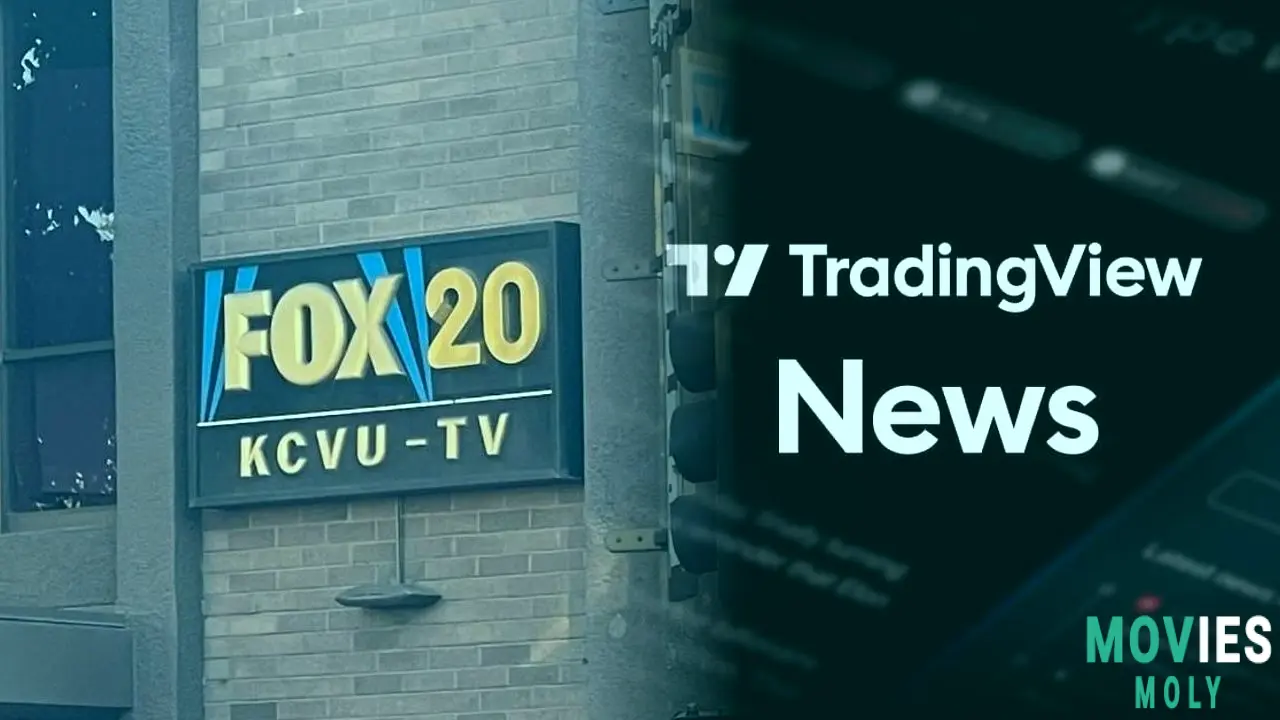
Sinclair, which operates and/or provides services to 185 TV stations across 85 markets, including 38 ABC affiliates, finds itself caught in the middle of this Disney-Google standoff. Ripley's main grievance is that local broadcasters like Sinclair have "no say" in whether their content – especially crucial local news and sports – is distributed to viewers via platforms like YouTube TV. He argues that this situation forces consumers to subscribe to additional streaming services from one of the disputing parties (like Hulu, which Disney also owns) to access content they've essentially already paid for through other means.
“We, as local broadcasters, have no say in whether our content and the content we pay to air will be distributed to local viewers. This was clearly not the intent of the Communications Act, and seems to be, from our perspective, an antitrust issue as well.”
— Chris Ripley, CEO, Sinclair Broadcast Group
This sentiment echoes concerns raised by the FCC (Federal Communications Commission), the government agency formed by the 1934 Communications Act to regulate broadcast TV. The FCC has reportedly "opened an investigation into hurtful network affiliation practices," which Ripley hopes will lead to changes in how media giants operate. He's lobbied both the SEC and antitrust regulators, pushing for local TV station owners to gain more control over these distribution deals. Source: The Hollywood Reporter, "'One Battle After Another' Breakout Teyana Taylor Takes Over" (referencing Sinclair CEO Chris Ripley's comments), November 5, 2025.
A History of High-Profile Media Clashes
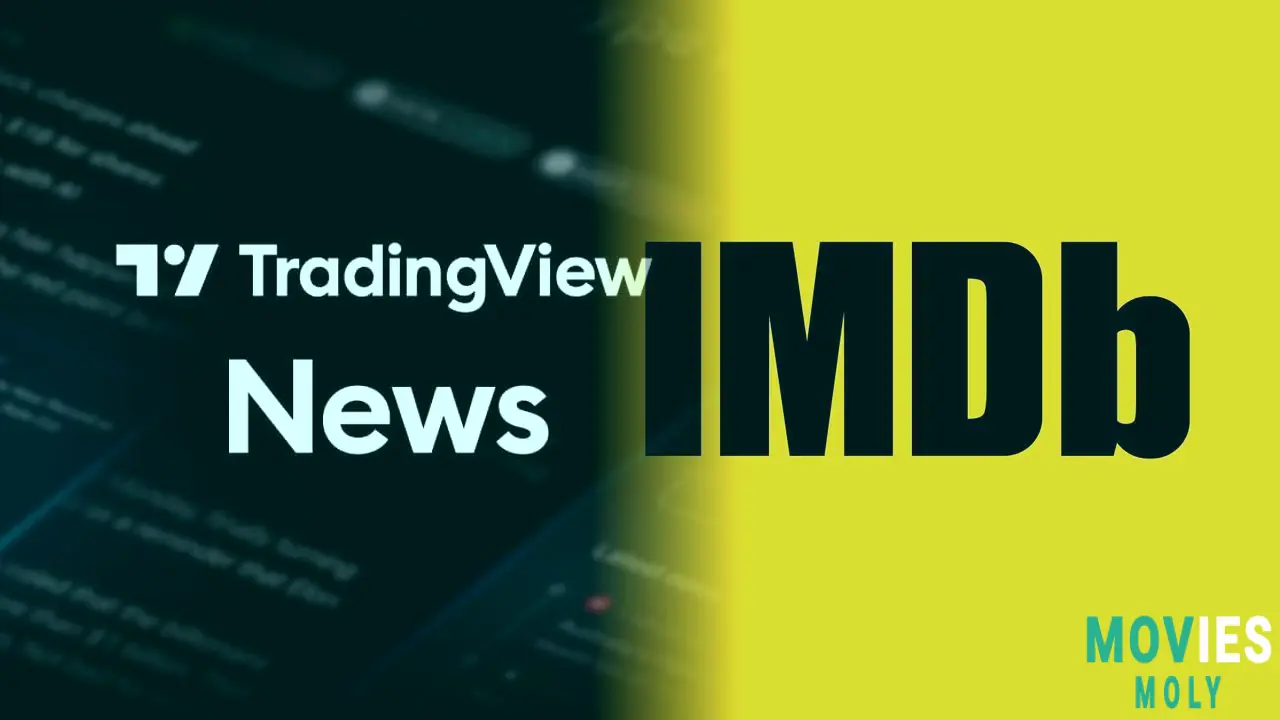
This isn't Sinclair's first rodeo when it comes to disputes over content. Just a couple of months ago, in September, Sinclair's ABC affiliates briefly preempted "Jimmy Kimmel Live!" This move stemmed from comments Kimmel made about the murder of conservative activist Charlie Kirk, which Sinclair interpreted as politicizing a tragedy. They, along with Nexstar Media Group, pulled the show, leading to ABC temporarily suspending it nationwide. Source: Variety, "Sinclair CEO Slams Disney and Google Over YouTube TV Blackout as Company Reports Q3 Revenue Decline of 16% and Swings to Net Loss," November 5, 2025.
Sinclair had demanded a specific apology from Kimmel to Kirk's family and a donation to Turning Point USA, Kirk's organization. Kimmel later clarified his intentions, stating it was "never my intention to make light of the murder," but did not issue the specific apology or donation. The show eventually returned to Sinclair's airwaves after "constructive discussions" with ABC, but without all of Sinclair's initial demands met. This incident, while different in nature, highlights the complex power dynamics between local broadcasters and national networks.
Navigating the Changing Media Landscape and Regulatory Environment
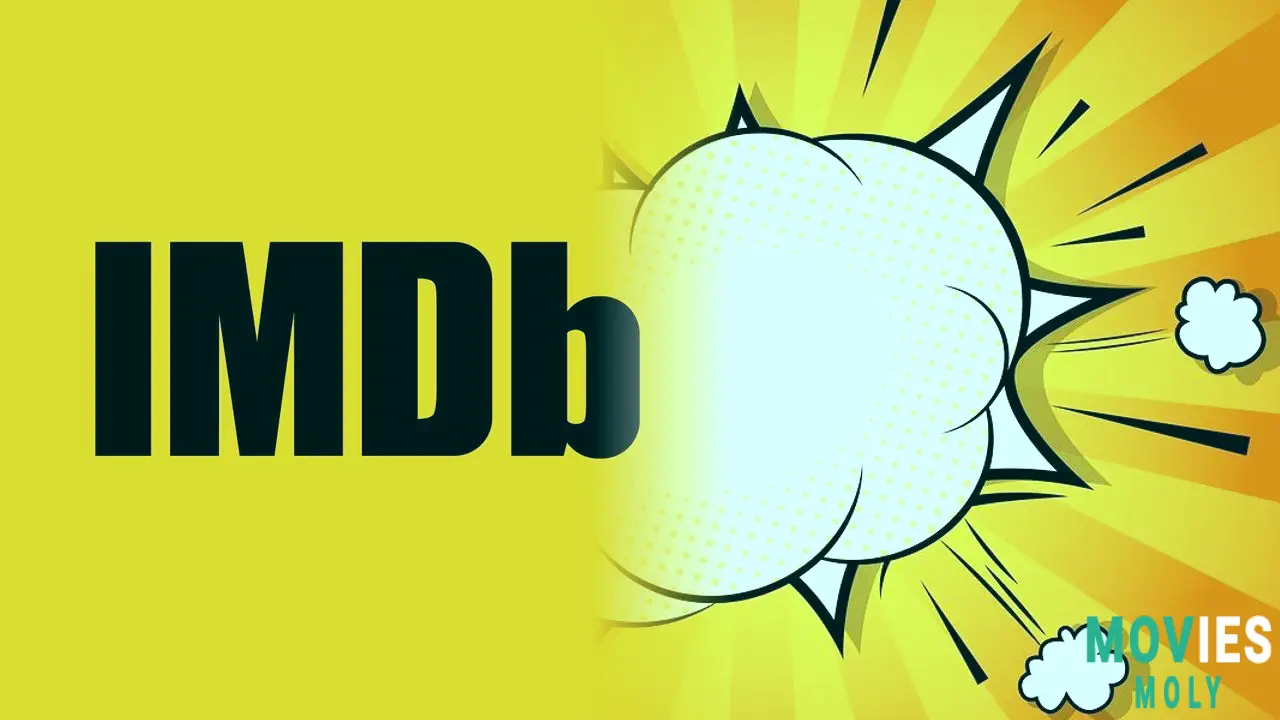
Sinclair's strong stance also comes amid a broader "strategic review" of its broadcast business, announced in August. This review aims to optimize assets through potential sales and acquisitions, exercise greater financial discipline, and reduce debt. The company has already closed 11 partner station acquisitions, with more awaiting FCC approval, projected to add at least $30 million in incremental annual EBITDA. This indicates a proactive approach to reshaping their business for future growth. Source: Variety, "Sinclair CEO Slams Disney and Google Over YouTube TV Blackout as Company Reports Q3 Revenue Decline of 16% and Swings to Net Loss," November 5, 2025.
Ripley is also looking to regulatory changes to help. He anticipates the FCC will either raise or eliminate the 39% national ownership cap on TV stations in the first half of 2026. Additionally, the FCC's rule preventing a station group from owning more than one of the top four TV stations in a given market was vacated this summer. These changes could pave the way for more industry consolidation, which Sinclair believes would lead to "significant synergies for investors."
Considering the Broader Picture: Counterpoints and Nuances
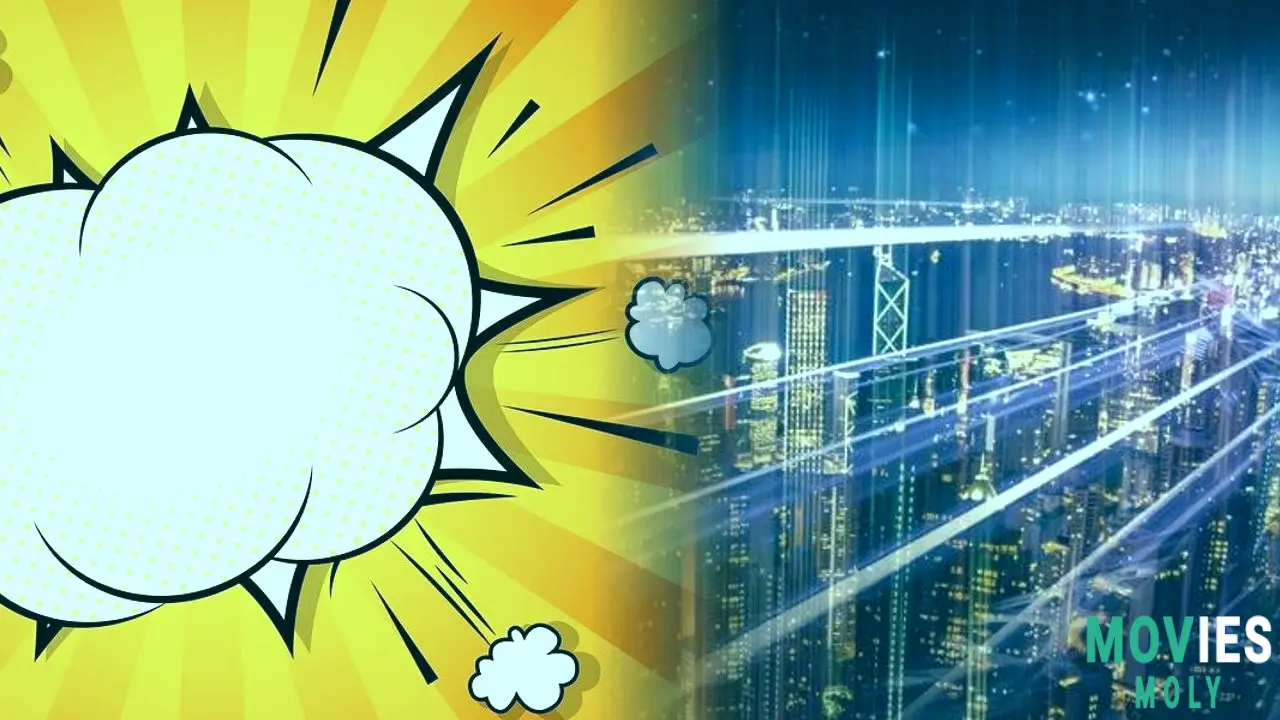
While Ripley's argument about local broadcasters lacking "say" in virtual MVPD distribution has merit, it's also worth noting some counterpoints. Sinclair's significant Q3 financial struggles, particularly the massive drop in political advertising revenue, indicate that the company's financial health isn't solely tied to carriage disputes. The broader economic cycle and political advertising trends play a huge role, suggesting their current losses are multi-faceted, not just a direct consequence of the Disney-YouTube TV blackout.
Furthermore, the "Jimmy Kimmel Live!" preemption incident, where Sinclair did successfully influence content airing on its stations, somewhat complicates the claim that local broadcasters have "no say" at all. While that dispute was about programming content rather than distribution fees, it demonstrated that Sinclair can exert considerable power over what its local affiliates broadcast. This suggests the "no say" argument might be more narrowly focused on network-controlled distribution to third-party streaming services, rather than a total lack of agency for local stations.
A Glimpse into a Viewer's Frustration (Example)
Let's consider Sarah, a long-time YouTube TV subscriber and a huge fan of her local ABC affiliate's investigative journalism. For weeks, they've been following a complex story about local government corruption. Suddenly, ABC, along with ESPN (which her family uses to watch college basketball), goes dark on YouTube TV. Sarah feels trapped: she's already paying for YouTube TV, but to keep up with the local news story and her family's sports, she'd either have to pay for another streaming service from Disney, or miss out. She feels like she's being forced into an inconvenient, costly choice, all because two giant corporations can't agree. This frustration is precisely what Sinclair's CEO highlights when he mentions consumers being "forced to buy more streaming services" for content they "literally already paid for."
What This All Means for Your TV Viewing Future
The ongoing clashes between broadcasters, networks, and streaming platforms signal a pivotal moment for how we consume television. Here's what you should keep in mind:
- Be Prepared for Blackouts: Carriage disputes are becoming more frequent. Always have a backup plan for crucial viewing, whether it's an antenna for local channels or exploring alternative streaming options.
- Your Wallet Might Feel It: If these disputes continue, you might face pressure to subscribe to multiple services or directly from network apps to get all the content you want, potentially increasing your monthly media budget.
- Local News is at Stake: Broadcasters argue these disputes hurt local journalism by limiting distribution. Supporting local news directly, if possible, might become even more vital.
- Regulatory Scrutiny is Increasing: With the FCC and antitrust regulators involved, there's a chance for policy changes that could reshape the dynamics of media ownership and content distribution in the coming years.
Sources
- Maglio, Tony. "'One Battle After Another' Breakout Teyana Taylor Takes Over." The Hollywood Reporter, November 5, 2025.
- Spangler, Todd. "Sinclair CEO Slams Disney and Google Over YouTube TV Blackout as Company Reports Q3 Revenue Decline of 16% and Swings to Net Loss." Variety, November 5, 2025.
- Hayes, Dade. "Disney-YouTube TV Carriage Fight Is Breaking Antitrust Laws & FCC Rules, Sinclair CEO Says." Deadline, November 5, 2025.
- Keys, Matthew. "Sinclair revenue drops on weaker advertising income during Q3." The Desk, November 5, 2025.
- TheFly. "Sinclair reports Q3 EPS (2c) vs. $1.43 last year." TheFly, November 5, 2025.
- Manfredi, Lucas. "Sinclair Says Disney-YouTube TV Carriage Dispute Is an ‘Antitrust Issue’: ‘Needs to Be Stopped’." The Wrap, November 5, 2025.
- Zacks Equity Research. "Sinclair (SBGI) Reports Q3 Loss, Tops Revenue Estimates." Zacks, November 5, 2025.
FAQ
What is the current Disney-YouTube TV dispute about?
The dispute involves carriage fees and terms for distributing Disney-owned channels, including ABC and ESPN, on Google's YouTube TV platform. Disagreements led to the channels being blacked out for YouTube TV subscribers.
How many subscribers are affected by the YouTube TV blackout?
Approximately 10 million YouTube TV subscribers have lost access to ABC, ESPN, and other Disney networks due to the ongoing dispute.
What is Sinclair Broadcast Group's role in this dispute?
Sinclair operates 38 ABC affiliates that are affected by the blackout. Its CEO, Chris Ripley, is advocating for local broadcasters, arguing that they have no control over the distribution of their content by networks to virtual streaming providers like YouTube TV, and calling it an "antitrust issue."
Why did Sinclair previously suspend "Jimmy Kimmel Live!"?
In September, Sinclair's ABC affiliates briefly preempted "Jimmy Kimmel Live!" over comments Kimmel made regarding the murder of Charlie Kirk. Sinclair demanded an apology and a donation, which ultimately did not fully materialize before the show returned to air.

